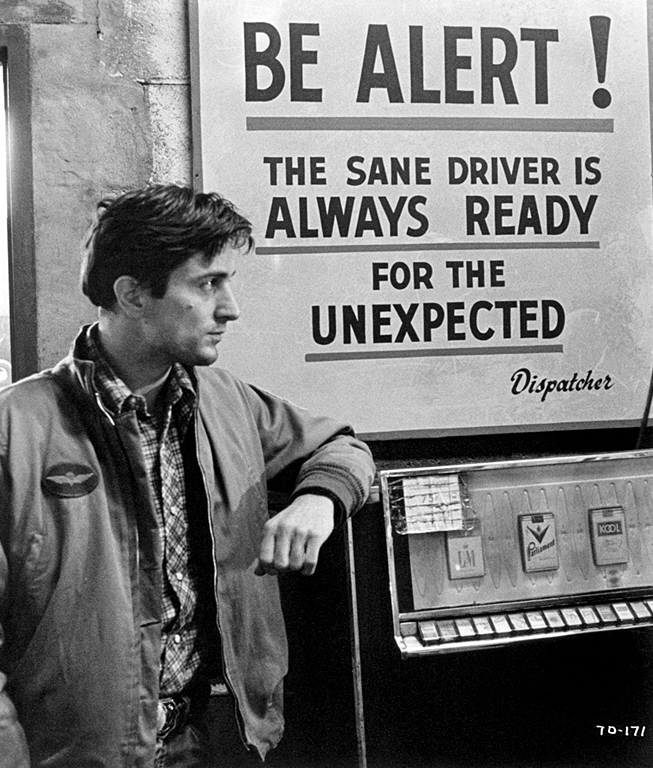We shouldn’t use the term “Sharing Economy” because there’s no actual sharing involved. And “Peer Economy” doesn’t really say it since the workers aren’t treated like peers, far from it. But whatever the term, the Ubers and Lyfts and Airbnbs have made their way in the world by making up their own rules as needed and leaving until later any worry about preexisting legislation. It’s a willful attack upon convention, one that previously wrecked Napster but worked out wonderfully for Youtube. Google was also aided early in its development of driverless cars by just going forward with highway testing, only thinking about laws when they were presented in response.
It’s not so easy to reconcile one’s feelings about such corporate behavior. There are many good things that have come from such advances (e.g., smartphone hailing and payment for car service, the amazing archival video trove now available to us), but those ruined empires left behind also provided wealth now forever lost. For instance: Despite’s Napster’s own demise, the record-industry model was toppled, which might seem like a good thing, but didn’t it bring us so much joy across decades? It’s a complicated situation. From the Economist:
The tension between innovators and regulators has been particularly intense of late. Uber and Lyft have had complaints that their car-hailing services break all sorts of taxi regulations; people renting out rooms on Airbnb have been accused of running unlicensed hotels; Tesla, a maker of electric cars, has suffered legal setbacks in its attempts to sell directly to motorists rather than through independent dealers; and in its early days Prosper Marketplace, a peer-to-peer lending platform, suffered a “cease and desist” order from the Securities and Exchange Commission. It sometimes seems as if the best way to identify a hot new company is to look at the legal trouble it is in.
There are two big reasons for this growing friction. The first is that many innovative companies are using digital technology to attack heavily regulated bits of the service economy that are ripe for a shake-up. Often they do so by creating markets for surplus labour or resources, using websites and smartphone apps: Uber and Lyft let people turn their cars into taxis; Airbnb lets them rent out their spare rooms; Prosper lets them lend out their spare cash. Conventional taxi firms, hoteliers and banks argue, not unreasonably, that if they have to obey all sorts of regulations, so should their upstart competitors.
The second is the power of network effects: there are huge incentives to get to the market early and grow as quickly as possible, even if it means risking legal challenges. Benjamin Edelman of Harvard Business School argues that YouTube owes its success in part to this strategy.•

